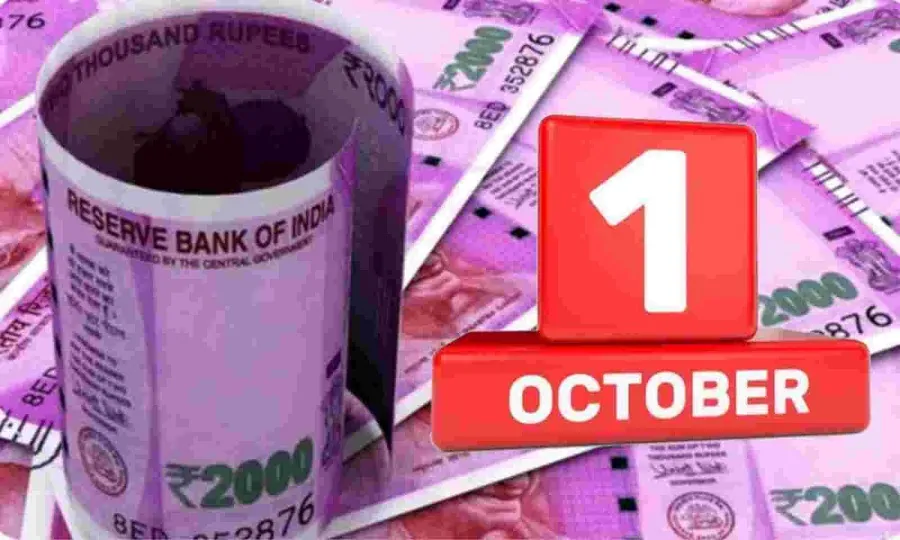
New Rules From 1st October: The new rules can have a direct impact on people’s lives. Therefore, it is important to be aware of these latest guidelines.
New Rules From 1st October: Many new rules will come into effect from 1st October. The changes that will come from these rules can have a big impact on the daily lives of people. These rules include changes in the use of birth certificates to new TCS (Tax Collected at Source) rules. Therefore, it is important to be aware of these latest guidelines.
Registration of Births and Deaths (Amendment) Act
This law will be implemented across the country from October 1. With this, the birth certificate will become a single document, which will be used for many purposes like admission in an educational institution, issuance of driving license, preparation of voter list, Aadhaar number, registration of marriage or appointment to a government job.
This rule will help in maintaining national and state-level records of births and deaths. Additionally, according to the government, this Act will also help in reducing the number of documents required to prove date and place of birth.
New 20% TCS rule
The new rates of TCS (Tax Collected at Source) will be applicable from October 1. These changes are important for anyone planning international travel, investing in foreign stocks, mutual funds, cryptocurrencies abroad or pursuing higher education abroad. If someone spends more than a certain amount in a financial year, TCS will be applicable on it. However, according to the Finance Ministry, TCS will not be levied on travelers using international credit cards during foreign trips.
Under the Liberalized Remittance Scheme of the Reserve Bank of India (RBI), one can send money abroad up to $250,000 per year. But from October 1, TCS of 20% will be levied on any expenditure above Rs 7 lakh for purposes other than medical and education.
28% tax on online gaming
Finance Minister Nirmala Sitharaman had announced in August that a 28 percent tax on online gaming would be effective from October 1. Explaining about the tax, the Finance Minister said that suppose a game is played for ₹ 1,000 and someone wins ₹ 300. Then if the player bets ₹1,300 again, GST will not be charged on the winning amount.
